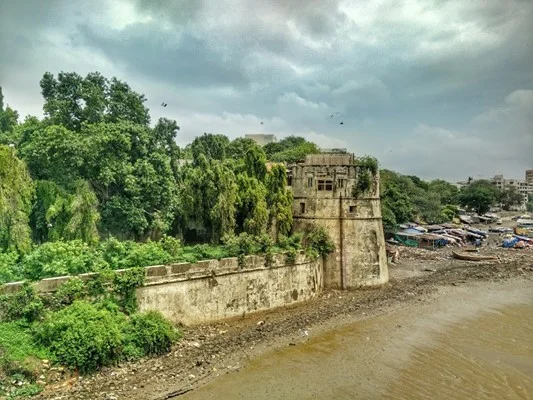Generated Title: Is India's Rising Crime Rate a Sign of Societal Breakdown or a Catalyst for Innovation?
A Nation on Edge: Crime in the Indian Tech Hub
Okay, let's talk about something serious. The news coming out of India lately paints a grim picture. We're seeing reports of violent assaults, police officers injured, and a general sense of unease bubbling up. A migrant worker humiliated at knifepoint in Surat; details of the case are available in "Gujarat Crime: Migrant Worker Beaten in Surat, Humiliated at Knifepoint; Police Launch Probe". A forest officer shot in her car, as reported by "Surat forest officer found with gunshot injury in car; family accuses husband". It’s enough to make you wonder, is this a sign of societal breakdown? Or… could it be something else entirely?
I know, it sounds crazy. But hear me out.
I've always believed that necessity is the mother of invention. Throughout history, some of the most transformative innovations have sprung from moments of crisis. Think about it: World War II fueled advancements in everything from radar to medicine. The oil crisis of the 1970s spurred the development of alternative energy sources. So, what if this surge in crime, as disturbing as it is, could actually be a catalyst for innovation in India?
Now, I'm not saying that crime is a good thing, obviously. The suffering and injustice are real, and my heart goes out to the victims and their families. But let's look at this from a different angle. What if the challenges India is facing right now—the rise in crime, the social unrest—are forcing the country to confront its problems head-on and develop groundbreaking solutions?
Imagine a future where India becomes a world leader in crime prevention and law enforcement technologies. Maybe this crisis will spark the development of advanced AI-powered surveillance systems that can identify and prevent criminal activity before it even happens. Perhaps it will lead to the creation of innovative community policing programs that foster trust and collaboration between law enforcement and the public. Or maybe it will inspire the development of new social programs that address the root causes of crime, such as poverty and inequality.

We’re already seeing glimpses of this potential. The fact that the Surat police are using social media to investigate the assault on the migrant worker shows a willingness to embrace new technologies. And the public outcry over these incidents demonstrates a growing demand for accountability and justice.
But here's the thing: innovation doesn't happen in a vacuum. It requires investment, collaboration, and a willingness to take risks. India needs to invest in its law enforcement agencies, its educational institutions, and its social programs. It needs to foster a culture of innovation that encourages people to come up with new and creative solutions to the country's challenges. And it needs to be willing to experiment with new approaches, even if they don't always work.
Of course, there are ethical considerations to keep in mind. As we develop these new technologies, we need to ensure that they are used responsibly and that they don't infringe on people's rights. We need to have open and honest conversations about the potential risks and benefits of these technologies, and we need to put safeguards in place to prevent abuse.
But I believe that the potential rewards are worth the risks. If India can harness its innovative spirit and address its crime problem head-on, it could emerge as a stronger, more resilient, and more prosperous nation. And it could serve as a model for other countries facing similar challenges.
What if this moment of crisis is actually an opportunity in disguise? What if the challenges India is facing right now are actually pushing it to become a more innovative and resilient society?
The Phoenix Rises From the Ashes
When I read these stories, the forest officer, the migrant worker, I feel a surge of sadness, but also a strange sense of hope. It’s like watching a pressure cooker about to explode, but knowing that the steam can also power a turbine. India has always been a land of contradictions, a place where ancient traditions coexist with cutting-edge technology. And maybe, just maybe, this latest crisis is exactly what it needs to unleash its full potential.
